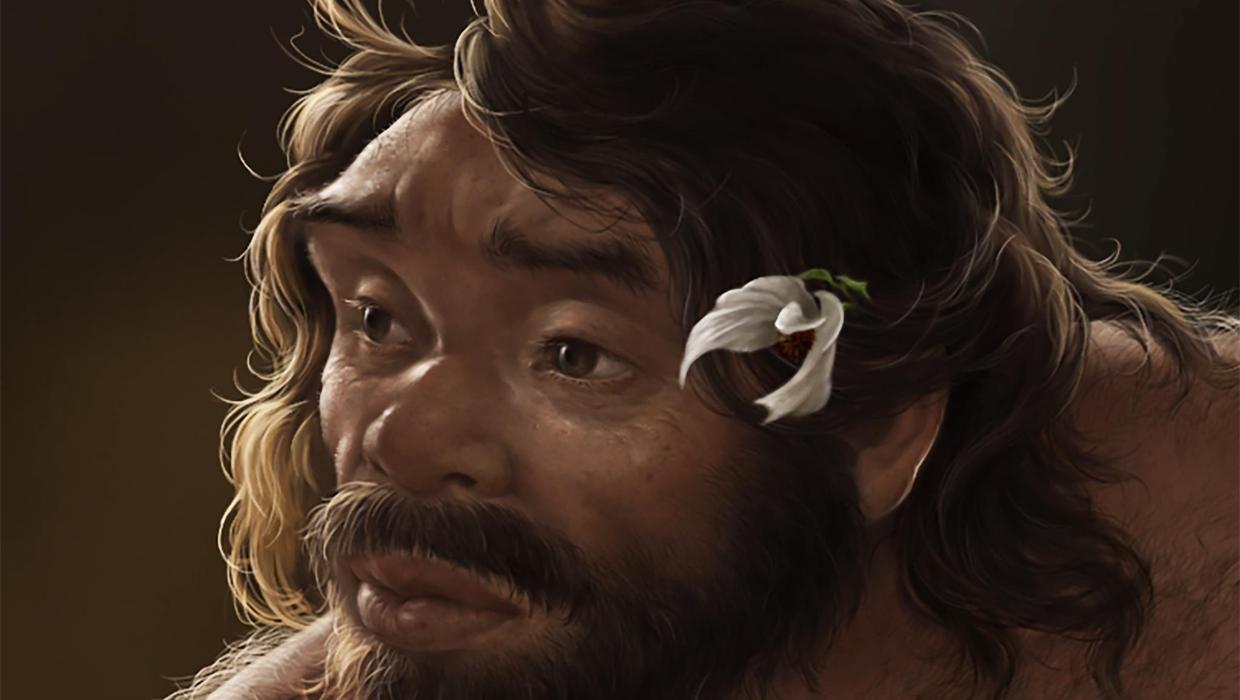Science
Ancient Skull Challenges Established Timeline of Human Evolution

A recently discovered fossilized skull is prompting a reevaluation of the timeline of human evolution. This finding suggests that the emergence of modern humans may have occurred much earlier than previously accepted theories indicate. The implications of this discovery could significantly alter our understanding of human ancestry.
Key Discoveries from the Fossil
The skull, unearthed in Africa, has been dated to approximately 300,000 years ago. Researchers from various institutions, including the University of Cape Town, conducted extensive analyses on the fossil. They noted that certain features of the skull align more closely with traits found in modern humans than with earlier hominids. This observation raises intriguing questions about how early human species may have coexisted and interacted.
Dr. Jane Goodwin, a leading paleontologist involved in the study, explained that the skull exhibits a blend of characteristics. “It contains both archaic and modern traits, suggesting that our understanding of human evolution is far from complete,” she stated. The team plans to publish their findings in an upcoming edition of the journal Nature.
Revising Historical Narratives
This discovery challenges the long-held belief that modern humans, classified as Homo sapiens, emerged roughly 200,000 years ago. Many scientists have adhered to this timeline based on previous fossil evidence and genetic studies. However, the new skull pushes back the date and could mean that the lineage leading to modern humans is older and more complex than previously thought.
According to Dr. Michael Thompson, an evolutionary biologist, this skull could prompt a reevaluation of how we understand migration patterns and the development of early human societies. “If our species was around earlier than we believed, it opens the door to new possibilities regarding our interactions with other hominids,” he noted.
As research continues, scientists are eager to uncover more fossils that could further illuminate this period. The findings from this skull may lead to a broader discussion on how evolutionary timelines are constructed and the methods used to date such critical artifacts.
While the scientific community remains divided on the implications of this discovery, it is clear that the narrative surrounding human evolution is evolving. The debate will likely intensify as more evidence comes to light, potentially altering textbooks and educational materials worldwide.
In summary, the fossilized skull has sparked significant interest and debate among scientists, challenging previous assumptions about when modern humans first appeared. As further research unfolds, the academic community and the public alike await more insights into our ancient past.
-

 World1 week ago
World1 week agoPrivate Funeral Held for Dean Field and His Three Children
-

 Top Stories2 weeks ago
Top Stories2 weeks agoFuneral Planned for Field Siblings After Tragic House Fire
-

 Sports3 months ago
Sports3 months agoNetball New Zealand Stands Down Dame Noeline Taurua for Series
-

 Entertainment3 months ago
Entertainment3 months agoTributes Pour In for Lachlan Rofe, Reality Star, Dead at 47
-

 Entertainment2 months ago
Entertainment2 months agoNew ‘Maverick’ Chaser Joins Beat the Chasers Season Finale
-

 Sports3 months ago
Sports3 months agoSilver Ferns Legend Laura Langman Criticizes Team’s Attitude
-

 Sports1 month ago
Sports1 month agoEli Katoa Rushed to Hospital After Sideline Incident During Match
-

 World2 weeks ago
World2 weeks agoInvestigation Underway in Tragic Sanson House Fire Involving Family
-

 Politics2 months ago
Politics2 months agoNetball NZ Calls for Respect Amid Dame Taurua’s Standoff
-

 Top Stories2 weeks ago
Top Stories2 weeks agoShock and Grief Follow Tragic Family Deaths in New Zealand
-

 Entertainment3 months ago
Entertainment3 months agoKhloe Kardashian Embraces Innovative Stem Cell Therapy in Mexico
-

 World4 months ago
World4 months agoPolice Arrest Multiple Individuals During Funeral for Zain Taikato-Fox





















